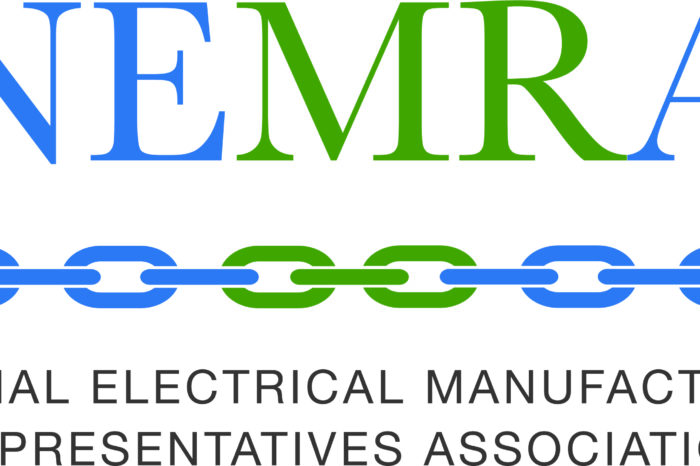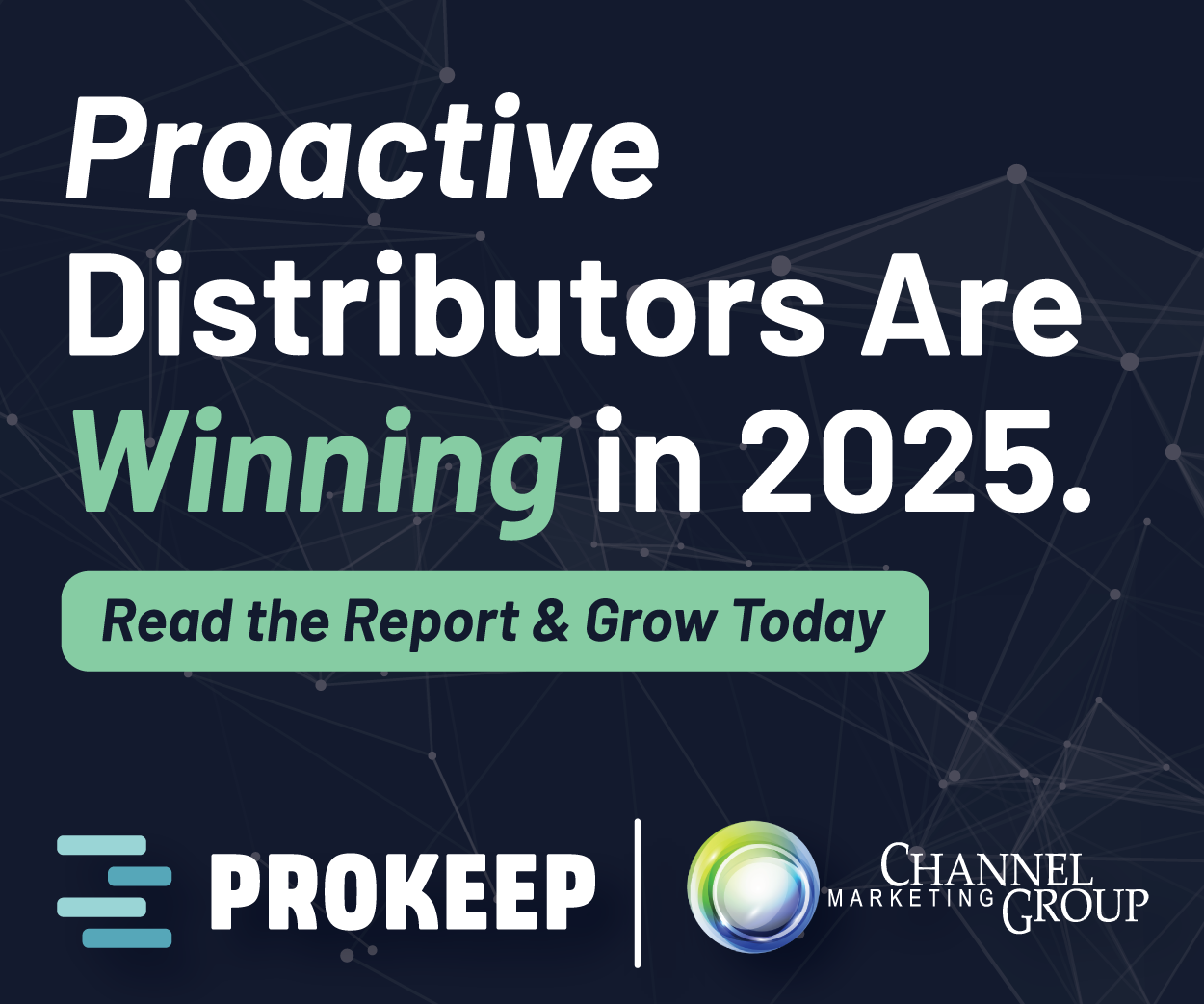Manufacturer – Rep Compensation Models
 Two representatives recently contacted me to solicit my input regarding contracts from two manufacturers on potential compensation changes that were being introduced.
Two representatives recently contacted me to solicit my input regarding contracts from two manufacturers on potential compensation changes that were being introduced.
Over the years I have worked with manufacturers on their rep contracts and have found many to be understanding of the suggested changes. I also recognize a major issue for manufacturers is the lack of qualified representatives available in many markets due to mergers & acquisitions of reps and the increase of manufacturer’s products often causing conflicts.
This got me thinking about different agreements I’ve been involved in negotiating over the years.
How can these issues be resolved to everyone’s satisfaction?
First, can we agree that every rep agency and every manufacturer are not equal in capabilities, relationships or demands; just as various products require different selling strategies? If so, can we then agree that each relationship deserves an agreement that is customized to the specific joint opportunity (while recognizing that there are some basic T&C’s?)
Some thoughts …
One Size Does Not Fit All
One contract issue, candidly, is often the rep’s fault. Recently, when discussing a contract with a manufacturer, a few contentions I heard, “the reps have all signed these without disagreement.” I have successfully discussed, and changed, many contracts. Some of these contracts were changed for all, but many were not and changed only for those who brought it to the attention of the manufacturer. Some of the clauses relate to contract implementation costs, especially for specifiable lines, performance-based specification terms, contract duration, residuals on specifications, warehousing, shipping warehoused inventory outside assigned territory … as examples. In many cases sales does not write contracts. Often sales may go to those who do with the discussions and logic to get them changed. It may be advantageous to discuss contracts with both the manufacturers and maybe other “friendly” reps prior to signing a contract. Together, perhaps reps of a manufacturer can be stronger and can affect change?
The Value of “The Right” Rep
Year ago, my father was on the board of a larger lighting manufacturer. The VP of Sales complained that he was unable to secure the agency he wanted in a specific territory. The agency he said, “controlled his market.” He asked for advice and my father simply stated, “pay him.” The standard contact was merely a duplicate of what he was receiving from his existing manufacturer. The president of the company later related to us that they offered the agent more money, and they got him! He also said that within a year, the agency hired became their #1 in sales and profitability, making the increased commission well worth the contract change.
Why did the agency perform so well? Because they knew the market and had the market’s trust. Granted this was many years ago, however, if a manufacturer wants a quality agent, perhaps they need to compensate accordingly. At the same time, a rep firm should know its value and ask for it, if it is being courted. There is a difference between being needed, being wanted, wanting a line, and needing a line. Where you are on this spectrum can determine how you interview for the line and want to negotiate an agreement.
Valuing, and Being Compensated, for Spec Time
Rep agencies also need to understand the manufacturer’s investment in their territory, and vice versa. A regional manager of ours was fascinated that we determined our commission rate by adding the cost of a factory spec person they provided to us. If they were handling this role, we could work for x%. If we were to, the rate had to be y%.
And yes, nowadays it seems like this is an expectation from manufacturers, but as reps add personnel to drive demand, if manufacturers reduce compensation potential, this can hurt all.
Variable Compensation Works Both Ways
When sales go down, it affects all. When they go up, all benefit. Sounds simple, but …
A rep council I attended was addressed by the President of a manufacturer, in 2008, stated that, due to the recession, they would be temporarily lowering commissions by the same rate that their direct associates and management had recently taken reductions in salaries. I commented that since all their reps were paid on a commission of sales, we were all already taking that net decrease and a further reduction would be a double hit. Stopping and thinking about the math, he apologized and immediately changed to the original commission plan. He apologized stating the reps were part of their “family” and he had not considered that they were already receiving reduced commissions due to reduced sales. He was not considering that reps are on a variable compensation model whereas factory / direct personnel, and management, are a fixed cost.
So, what happens in inflationary periods since the vast majority of reps are paid commissions of dollars rather than units? Costs are increasing for everyone: manufacturers and representatives. If the increases somehow cannot be recouped by manufacturers, lowering commissions seemingly is the strategy often used by some manufacturers. A few thoughts in my prejudiced mindset, having been a rep for nearly 50 years, is trying to understand what is being gained rather than lost in this thought process? Is the representative’s fixed cost as a percentage enough to make a real difference in the total profitability picture versus other areas of cost that are far more consequential? Is a reduction worth reducing sales motivation? Is the sales expense as a percentage of total revenues, or total expenses, impacted significantly? Is the manufacturer recognizing that reduced income means the rep also needs to reduce their costs (since rep personnel are frequently salary plus bonus?) I have seen many decreases in my 50 years by certain manufacturers during these cycles; however, I have seen few of them reinstituted as the cycle improves.
Commission Models for New / Missionary Manufacturers
Lately I’ve seen a number of “new” manufacturers approach reps. They have no revenue in the market, no brand recognition and either unique products or a “me too” offering. They want a rep firm to take them to market.
Maybe it is an opportunity, maybe it is a risk. Either way, it takes time and can cost money as it can detract from other lines. Reps need to be compensated for their time. This is where different rep commission models need to be considered as the rep needs a return on their time.
“Start-up” increased commissions for the short-term are viable for many products needing specification and the longer sales cycle. A rep invests time developing the market and a longer sales cycle means no compensation for “awhile.” We negotiated a contract with a first year minimum “guaranteed” monthly dollar of income when we provided call records on our specification efforts. Other times we negotiated increased contract duration (vs 30-day contracts) offering a longer term, or compensation after termination, to receive commissions from specs or specific customers that were earned. I have found many manufacturers receptive to these type changes IF EARNED. And there are other models.
Rep Bonus Programs … Not Always Motivating
To those manufacturers that lower commissions to be “offset” by bonus programs, understand that reps use bonus programs in different manners and cannot fund daily / monthly business operations with a bonus environment.
- The first issue is that commissions are used to ensure longer term quality associates, and the hiring of people, and other business expenses. that benefit the agency and manufacturers. If used, the bonus monies are used differently, it is not used in the manner for which they were designed. Before the question is, “whom are you trying to motivate?” And with more sales being impacted by POS, this makes earning and tracking bonuses challenging, and there is often a delay in payment.
- Secondly, unfortunately many bonus programs prove to be negatives. Is the target reasonable? If the target has not been met, is the cause strictly lack of effort or are there other criteria such as backorders, pricing, distributors support, lack of marketing effort or factors not necessarily the fault of the rep?
How can communication be improved?
The contract process needs to include constant communication, as does the entire relationship, to gain trust and ensure success.
The key to success is understanding what sells, and why, within a territory. To optimize opportunity, the manufacturer and rep should strategize on what will sell most effectively within the territory and then resource, and fund, accordingly. This may relate to customer segments, product categories, specific marketing tools that are needed, etc. Manufacturers understand their offering. Reps understand their markets. Identifying the sweet spot, and jointly resourcing “the sweet spot,” is key to maximizing revenue opportunity. And resourcing could affect the contract, or it could be a one-off investment. Or it is time. As in any joint venture, the focus should be on making each other stronger rather than making one weaker, regardless of the reasoning.
While many companies, understandably, ceased advisory councils due to COVID, most have refrained from re-implementing due to costs. I understand the cost of advisory boards given transportation, room, board, and time away from the field. But it is interesting that companies that are viewed as “successful” have advisory councils. Perhaps there is a correlation? Maybe the answer is that successful companies have strong relationships with their reps and solicit, and value, input?
Why not allow Channel Marketing Group to organize an advisory session through personal, virtual, or even conference calls? The cost can be nominal, and the upside could be considerable.
Another service we offer is our Rep360 where Channel Marketing Group interviews, and surveys, reps to gain their perspective on the manufacturer’s organization. We’ve also surveyed distributors to gain their perspective on the manufacturer’s rep firms. It is interesting to see how 3rd party gathered input can show the depth of challenges and opportunities … and sometimes confirms opinions, helping gaining internal consensus because the information is 3rd party and from a broader audience. Give us a call.




















